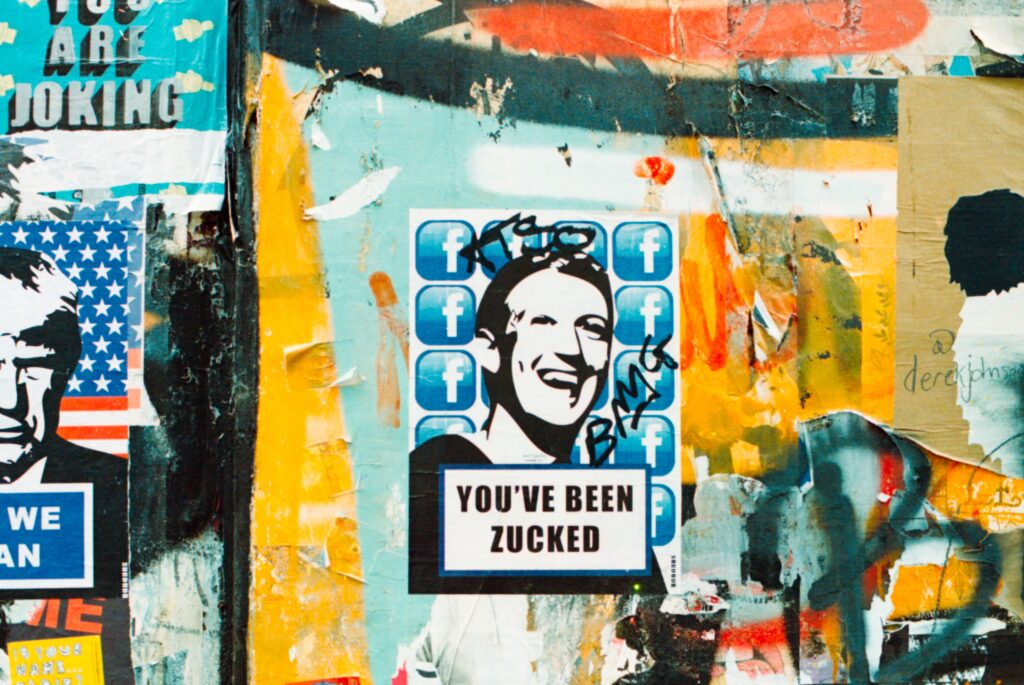We were right – the Media Code is dead. A sweet side deal has been struck with News Corp and Nine Entertainment bypassing all the conditions in the Code and the government has been rewarded with glowing media coverage for their efforts.
Supposedly the code was all about journalism but we will never know if the money does or doesn’t go there. In fact it is all secret deals – just the way government likes to work. We wonder how much the parties to the deal will donate to the LNP now the big players are happy!
It failed to rein in the dominance of Google or Facebook in any way so don’t hold your breath for regulation of these giants.
See here for Alan Kohler’s report in The New Daily
The Government and Facebook have now cut a deal which gives big tech the upper hand in reaching agreement on how much is to be paid to big media.
The changes mean the government undertakes to not apply the code to Facebook provided the government is satisfied it has signed enough deals with media outlets to pay them for content. The government also agreed to give one month notice before applying the code to Facebook, and anyone else, and Facebook retained the right to again pull news off its platform.
It’s been touted by the players as a win-win arrangement with no one losing face.
It’s hard to imagine a more woolly piece of legislation. We won’t know what the deals are or how much money is actually flowing to whom or on what terms. The Parliament gave the government the right to determine who is in and who is out – a perfect arrangement for special deals favouring political donors.
Google and Facebook donate generously to Democrats and Republicans in the US. Will the money now flow here too?
According to the Financial Review, Google already has deals worth ~$100 million with around 50 publications – big and small, including Crikey, the Guardian and Schwartz Media – as part of its news ‘showcase’. Google hopes these deals will mean not having to comply with the Code which suggests the payment would otherwise be a lot higher.
Could it be that one of the consequences of these deals is that those getting paid will be more likely to go soft on big tech? There’s a conflict of interest here. Far better to have had an arm’s length process for the payments and for them to be transparent.
Big media is not committing to spend the money on quality journalism and it doesn’t seem likely that this will change Australia’s appallingly concentrated media, now down to News Ltd, Channel 9, Stokes 7 Network and Australian Community Media in the regions.
Will the paywalls come down? No one is saying.
The Senate inquiry into media diversity is due to report at the end of March and has had hundreds of submissions.
Many argued that the concentrated nature of corporate media in Australia was not conducive to democracy or evidence-informed policy. There is a lack of diversity in representation in the media as well as ownership. Australia has lost 5,000 jobs in journalism over the last 10 years and large parts of the country are no longer reported or are under-reported, limiting the critical role of the media in an accountable democracy.
This week DIGI – the industry body, launched its Disinformation Code – a set of rules now signed up to by Twitter, Google, Facebook, Microsoft, Redbubble and TikTok. The draft code has been hanging around since 2019.
The platforms commit to addressing disinformation and misinformation online to reduce the spread, transparently and consistently. They will deal with fake bots and accounts, disinformation in paid content including political advertising and show sources of information. See it here.
The Australia Institute Centre for Responsible Technology warns in its submission that this self-regulation will be a digital figleaf, arguing that big tech benefit greatly from allowing misleading material on its platforms – it’s the controversy that builds engagement and makes the big dollars flow.
Self-regulation is always the industry fall-back but will it reduce the harm? Seems unlikely.

